Best movies like A Cossack Beyond the Danube
A unique, carefully handpicked, selection of the best movies like A Cossack Beyond the Danube Starring Ivan Patorzhinsky, Mariia Lytvynenko-Volhemut, Yelizaveta Chavdar, N. Sheliyuzhko, and more. If you liked A Cossack Beyond the Danube then you may also like: Zvenygora, New Moon, The Night Coachman, Bitter Sweet, Bye Bye Birdie and many more popular movies featured on this list. You can further filter the list even more or get a random selection from the list of similar movies, to make your selection even easier.
Zaporozhets za Dunayem (Ukrainian: Запорожець за Дунаєм, translated as A Zaporozhian (Cossack) Beyond the Danube, also referred to as Cossacks in Exile) is a Ukrainian comic opera with spoken dialogue in three acts with music and libretto by the composer Semen Hulak-Artemovsky (1813–1873). The orchestration has subsequently been rewritten by composers such as Reinhold Glière and Heorhiy Maiboroda. This is one of the best-known Ukrainian comic operas depicting national themes.
You may filter the list of movies on this page for a more refined, personalized selection of movies.
Still not sure what to watch click the recommend buttun below to get a movie recommendation selected from all the movies on this list
New Moon
New Moon is the name of the ship crossing the Caspian Sea. A young Lt. Petroff meets the Princess Tanya and they have a ship board romance. Upon arriving at the port of Krasnov, Petroff learns that Tanya is engaged to the old Governor Brusiloff. Petroff, disillusioned, crashes the ball to talk with Tanya. Found by Brusiloff, they invent a story about her lost bracelet. To reward him, and remove him, Brusiloff sends Petroff to the remote, and deadly, Fort Darvaz. Soon, the big battle against overwhelming odds will begin.
The Night Coachman
Set in Odesa at the end of the Civil War when the town is occupied by the Whites. The night coachman, fifty-year-old Hordiy Yaroshchuk, lives with his daughter Katya who gets involved with a Bolshevik and revolutionary.
Bitter Sweet
In order to avoid an arranged marriage with a man she doesn't love, Sarah Millick runs off to Vienna with her music teacher, Carl Linden, whom she does love. They are married. In Vienna, they struggle to make a living by making music. Carl writes an operetta and tries to get it produced. They are helped along by Viennese Baron, but his intentions are not honorable. He kills Carl in a sword fight. A big producer does put on the operetta, with Sari in the lead -- but without her husband, it is a bittersweet victory.
Bye Bye Birdie
In 1995, ABC presented a telemovie version of the Broadway musical Bye Bye Birdie produced by RHI Entertainment. It starred Seinfeld's Jason Alexander and Vanessa Williams of Desperate Housewives. While this version remained mostly faithful to the original musical (Michael Stewart remains the only credited author of this version), several songs were added and re-arranged, and dialogue was slightly rewritten to smoothly facilitate the musical changes. The musical revolves around an Elvis Presley-type rocker who's about to join the Army. To mark the occasion, his manager's secretary arranges for him to kiss a random fan goodbye on The Ed Sullivan Show. Bye Bye Birdie earned four Tony awards in 1961, including Best Musical and Best Actor in a Musical for its original star, Dick Van Dyke. In addition to Alexander and Williams, ABC's production starred Tyne Daly, George Wendt, Chynna Phillips and Mark Kudisch.
The Lost Letter
The Lost Letter (Russian: Пропа́вшая гра́мота, Propavshaya gramota), or A Disappeared Diploma, is a 1945 Soviet animated film directed by the Brumberg sisters and Lamis Bredis. It is the first Soviet cel-animated feature film. It was produced at the Soyuzmultfilm studio in Moscow and is based on the story with the same name by Nikolai Gogol.
The Mikado
In a small Japanese town, Ko-Ko is appointed to the unenviable position of executioner. Knowing he must successfully perform before the appearance of the Mikado in a month's time, Ko-Ko finds a suitable victim in Nanki-Poo, who is distraught over his unrequited love for the maiden Yum-Yum. Nanki-Poo agrees to sacrifice his life if he is allowed to spend his remaining days with Yum-Yum, who is betrothed to Ko-Ko.
The Dancing Years
The episodic story of a composer of operettas, Rudi Kleiber, in in old Viennese days, and the two women in his life; Maria Zeitler, his sweetheart, later mistress, lost love, an operetta star, and his first patron, and the mother of a son he did not know he had; and of Greta, his first love and companion in later years
The Great Victor Herbert
In his last film assignment, portly Walter Connolly fills the title role (in more ways than one) in The Great Victor Herbert. Very little of Herbert's life story is incorporated in the screenplay (a closing title actually apologizes for the film's paucity of cold hard facts); instead, the writers allow the famed composer's works to speak for themselves. In the tradition of one of his own operettas, Herbert spends most of his time patching up the shaky marriage between tenor John Ramsey (Allan Jones) and Louise Hall (Mary Martin). Many of Herbert's most famous compositions are well in evidence, including "Ah! Sweet Mystery of Life", "March of the Toys" and "Kiss Me Again", the latter performed con brio by teenaged coloratura Susanna Foster. Evidently, the producers were able to secure the film rights for the Herbert songs, but not for the stage productions in which they appeared, which may explain such bizarre interpolations as having a song from Naughty Marietta.
The Great Waltz
Composer Johann Strauss risks his marriage over his infatuation with a beautiful singer.
H.M.S. Pinafore
The D'Oyly Carte production of the Gilbert and Sullivan operetta. Love blossoms between members of different social classes among a general lampooning of the British class system.
The Pirates of Penzance
Brent Carver stars as the swashbuckling Pirate King in the famous Stratford Festival's rollicking production of the Gilbert & Sullivan classic that pits British bobbles against unlikely pirates on the Cornish coast. Sullivan regarded this operetta - a hit ever since its first production in New York in 1879 - as the best comedy he composed. He even said of his collaborator, "The libretto is ingenious, clever, wonderfully fun in parts and sometimes brilliant in dialogue - beautifully written for music, as is all Gilbert does." Indeed, audiences will find the music every bit a match for the lyrics, with the genius of the score lying in its parody of grand opera. Filmed in 1985 at the world-famous Stratford Shakespeare Festival in Stratford, Ontario.
Man of Music
The young composer Mikhail Glinka performs his new work at a soiree at earl Vielgorsky's house. However, the public is accustomed to Western music, and reacts coldly to the creation of the composer. This makes him very sad, but soon he decides to go learn the art of music in Italy. After returning from Italy, he is full of desire to write national Russian opera. Vasily Zhukovsky proposes a subject: a feat of Ivan Susanin. Tsar Nicholas I change the name of the opera to A Life for the Tsar and assigns a librettist - Baron Rosen. Acquaintance with the future co-author shocked Glinka: Rosen speaks Russian with a noticeable German accent. The premiere was successful, but Glinka was still not entirely happy with the libretto: "False words were written by Rosen". When Nicholas I learned that Ruslan and Lyudmila was written on Pushkin's subject, he sees it as sedition. The bitter experience of the composer brighten his supporters.
Cossacks in Exile
Director Edgar G. Ulmer executed the low-budget COSSACKS IN EXILE (1939), for Ukrainian-Canadian producer Vasile Avramenko, with a stylish flair; this obscure little operetta contains many pleasant moments. In the Ukraine, 1775, the Zaporogian Cossacks learn that Moscow is sending soldiers to destroy their fort. The Ukrainian villagers appeal to Czarina Catherine, but she insists that they join the Russian army or risk annihilation. Instead, the Cossacks burn their fort and flee on the Danube River to Turkey, where they live in peace, but still yearn for their homeland.
The Black Valley
Based on the work of Yurii Mushketyk "Yasa". The action of the picture takes place in the 17th century, when Ukraine, led by the legendary Ivan Sirko, was defending itself from Tatar raids. A story of Ivan Sirko, the legendary Ukrainian originally from the Merefa county near Kharkiv, who was elected the leader of Cossacks eight times, bravely fought and won 53 major battles.
Cossacks Approaching
Ukraine. The end of the XV century. All gunpowder made in factories suddenly disappears. The company of cossacks led by Maksym Trytuz comes together to find one of the transports that carries gunpowder to the Zaporozhian Sich.
The Story of Gilbert and Sullivan
The career of W. S. Gilbert, a barrister turned comic librettist, and Arthur Sullivan, a composer turned against his will to light music, who together wrote fifteen comic operas between 1871 and 1896, to great public acclaim.
Mussorgsky
Saint Petersburg, 1858. A group of composers known as The Five meet at Balakirev's. Young Modest Mussorgsky, both a civil servant and a musician, has become a fixture there. He tells about the first opera he plans to compose. Then he goes to the country where he discovers the lowly conditions of the peasants and the bloody conflicts with the rich land owners. He works on Gogol's 'The Marriage', trying to render into music the natural accents of the play's naturalistic dialogue. But his efforts do not pan out. On the other hand, he starts writing his opera on the story of Boris Godunov. The Marinsky Theatre refuses to stage the work. The Five, and Mussorgsky among them, are libeled and the group starts disintegrating. When 'Boris Godunov' is finally performed in 1874, it is a popular success.
The Mikado
In a mythical Japan, Ko-Ko, a cheap tailor, has been appointed Lord High Executioner and must find someone to execute before the arrival of the ruling Mikado. He lights upon Nanki-Poo, a strolling minstrel who loves the beautiful Yum-Yum. But Yum-Yum is also loved by Ko-Ko, and Nanki-Poo, seeing no hope for his love, considers suicide. Ko-Ko offers to solve both their problems by executing Nanki-Poo, and an agreement is reached whereby Ko-Ko will allow Nanki-Poo to marry Yum-Yum for one month, at the end of which Nanki-Poo will be executed, in time for the arrival of the Mikado. But what Ko-Ko doesn't know is that Nanki-Poo is the son of the Mikado and has run away to avoid a betrothal to an old harridan named Katisha. The arrival of the Mikado brings all the threads of the tale together. This is the Stratford Festival of Canada, directed by Brian Macdonald. This is a filmed version of a stage performance, and the sets are beautifully spare and economical.
Ruddigore
The Baronets of Ruddigore have been cursed by a witch. Each Baronet, in his turn, must commit a crime a day - or die in torture. To escape his dreadful fate, the latest Baronet, Sir Ruthven Murgatroyd, disguises himself as Robin Oakapple, a farmer. Only two people know his true identity - his faithful servant, Old Adam Goodheart, and his adopted brother, Richard Dauntless, a seaman. Robin Oakapple is in love with the beautiful Rose Maybud and wants to marry her - but his future plans appear doomed when his true identity is revealed.
Cinema's Exiles: From Hitler to Hollywood
Eight hundred German filmmakers (cast and crew) fled the Nazis in the 1930s. The film uses voice-overs, archival footage, and film clips to examine Berlin's vital filmmaking in the 1920s; then it follows a producer, directors, composers, editors, writers, and actors to Hollywood: some succeeded and many found no work. Among those profiled are Erich Pommer, Joseph May, Ernst Lubitsch, Fritz Lang, Billy Wilder, and Peter Lorre. Once in Hollywood, these exiles helped each other, housed new arrivals, and raised money so others could escape. Some worked on anti-Nazi films, like Casablanca. The themes and lighting of German Expressionism gave rise in Hollywood to film noir.
Bogdan Khmelnitskiy
Year 1648. Ukraine under the oppression of Poland. Polish nobility committing outrage, burning villages one after another. Hetman of Zaporozhian Cossacks Bogdan Khmelnitsky gathers the army of defenders of the motherland...
Tannhäuser
A romantic opera in three acts with music and libretto by Richard Wagner, performed by the Orchestra of the Teatro di San Carlo. The original title, Tannhauser und der Sangerkrieg auf Wartburg, reveals the real nature of the opera, born by a fusion of two traditional sagas and dedicated to the dualism of spirituality and sensuality and the possibility of redemption through love. Composed between 1843 and 1845, Tannhauser has a tormented musical theme, made up of constant variations. It debuted in Dresden in 1845 when Wagner was just over 30.
Pelléas et Mélisande
Pelléas et Mélisande (Pelléas and Mélisande) is an opera in five acts with music by Claude Debussy. The French libretto was adapted from Maurice Maeterlinck's Symbolist play Pelléas et Mélisande. It premiered at the Opéra-Comique in Paris on 30 April 1902 with Jean Périer as Pelléas and Mary Garden as Mélisande in a performance conducted by André Messager, who was instrumental in getting the Opéra-Comique to stage the work. The only opera Debussy ever completed, it is considered a landmark in 20th-century music.
Strauss II: Die Fledermaus
Glyndebourne's pulsating new production of the Waltz King's much-loved comic operetta. Its story centers on a magnificent masked ball, given by a Russian prince, that brings together all the main characters in various disguises. The three-act journey from boudoir to ballroom to jail provides ample opportunities for farce and humor, but also for genuine human emotion and a surprisingly realistic view of urban life.
Die Fledermaus
Most opera houses ring in the New Year with Johann Strauss Jr.'s most popular operetta--the festiveness of which is appropriate for the occasion--and this December 31, 1983, Covent Garden performance follows suit. An exceptional cast--led by Hermann Prey and Kiri Te Kanawa as the couple whose marriage survives the comic indiscretions of three long acts--obviously has as much fun as the audience. Plácido Domingo leads the Orchestra of the Royal Opera House through its paces with panache. Prince Orlofsky's Act II party is always a splendid opportunity to pull out all the stops with surprise "guests," and this performance makes the most of its chance: entering the proceedings to sing one of his tailor-made chansons, "She," is French crooner Charles Aznavour, who is followed by dancers Merle Park and Wayne Eagling, their delightful pas de deux flashily choreographed by Sir Frederick Ashton.
Roberto Devereux
A lyric tragedy in three acts by Gaetano Donizetti, libretto by Salvatore Cammarano. Roberto Devereux was composed in the summer of 1837, the year, according to biographers, in which Donizetti seems to have suffered most, having lost his third son and his adored wife Virginia Vasselli. The opera made its debut at the San Carlo Theatre in Naples on October 28th in the same year and was a great success. The rehearsals of the original performance were postponed for a month due to censorship of the decapitation scene of the leading actor.
La Traviata
La traviata (Italian: [la traˈviaːta], "The Fallen Woman"[1][2]) is an opera in three acts by Giuseppe Verdi set to an Italian libretto by Francesco Maria Piave. It is based on La dame aux Camélias (1852), a play adapted from the novel by Alexandre Dumas, fils. The opera was originally entitled Violetta, after the main character. It was first performed on 6 March 1853 at the La Fenice opera house in Venice. Piave and Verdi wanted to follow Dumas in giving the opera a contemporary setting, but the authorities at La Fenice insisted that it be set in the past, "c. 1700". It was not until the 1880s that the composer and librettist's original wishes were carried out and "realistic" productions were staged.[3]
Natalka Poltavka
This film is the first adaptation of an operetta written by Ukrainian composer Mykola Lysenko. It follows the trials and tribulations of Natalka and Peter (Petro). The sweethearts planned to get married; however, Natalka's father does not approve of the marriage because Petro was not affluent enough to keep Natalka in the manner he thought that she should be kept. Petro goes off to earn the required fortune.
Perikola
The action takes place in the 18th century in Lima. The wandering artists Pericola and Piquillo perform in the town square. They love each other, but cannot get married - the poor artists do not have the means for this. Meanwhile, the Viceroy of Peru, Don Andreas-Ribeira, likening to Harun Al-Rashid, dresses up as a commoner and goes out into the city to find out what his subjects say about him. He falls in love with Pericola at first sight. But the fact that she is not married prevents the Pericole from appearing at the royal court.
Zaporozhets Za Dunayem
Adapted from the opera written by the composer Semen Hulak-Artemovsky.

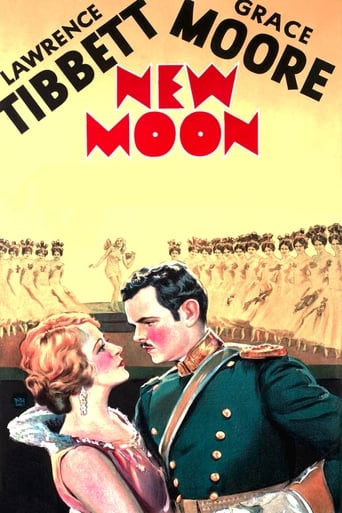


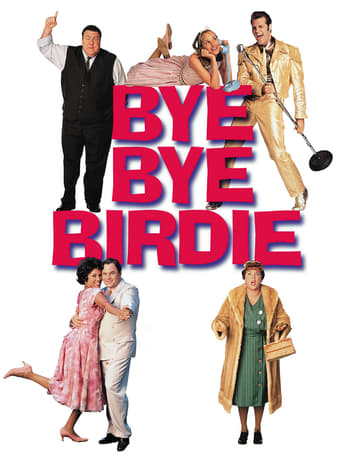


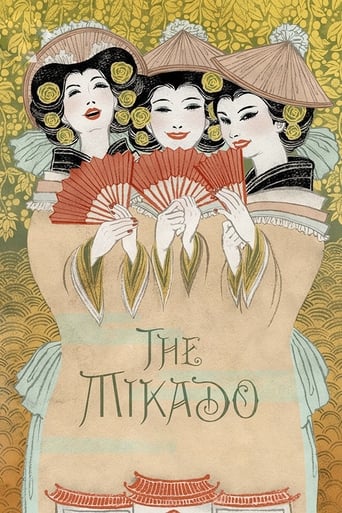



























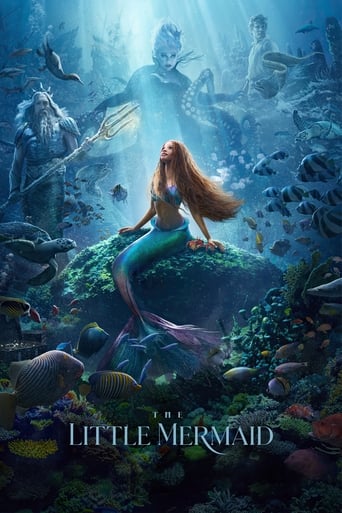
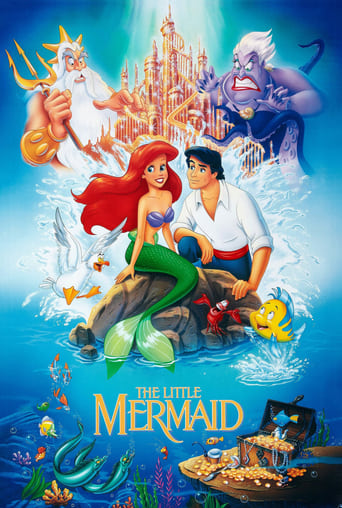
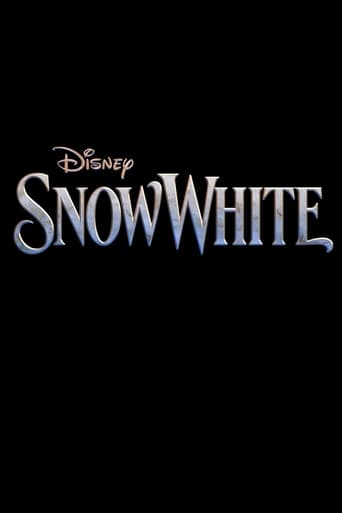
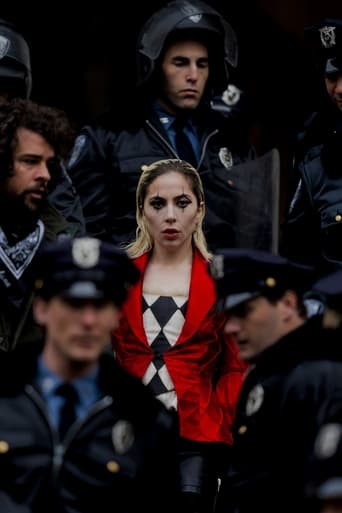
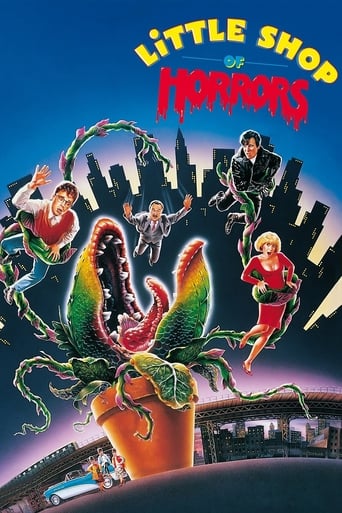
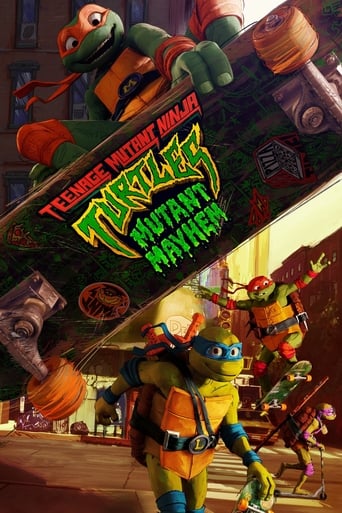
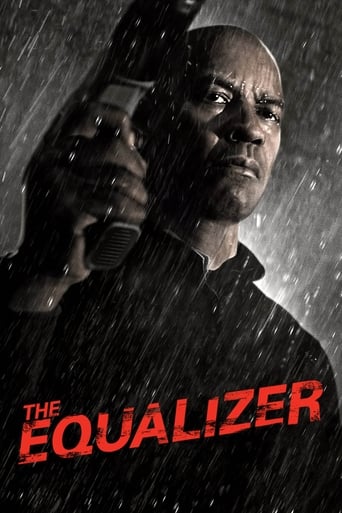
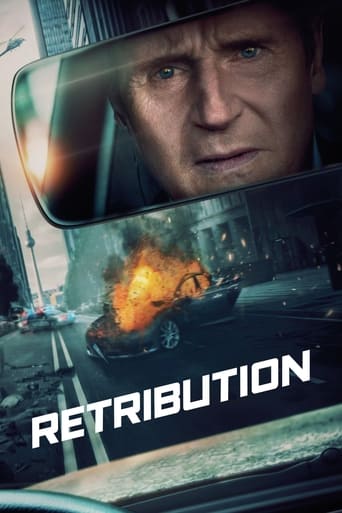
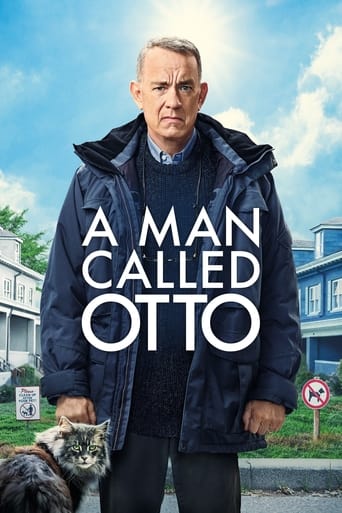

Zvenygora
The momentous film stars Mykola Nademskyi as the grandfather of Tymish (Semen Svashenko), whom he alerts to secret treasure buried in the mountains of Zvenygora – Treasure that rightfully belongs to his homeland. The film wonderfully blends both lyricism and politics and uses its central construct to build a montage praising Ukrainian industrialization, attacking the bourgeoisie, celebrating the beauty of the Ukrainian steppe and retelling ancient folklore. Said Sergei Eisenstein of the film, "As the lights went on, we felt that we had just witnessed a memorable event in the development of the cinema".